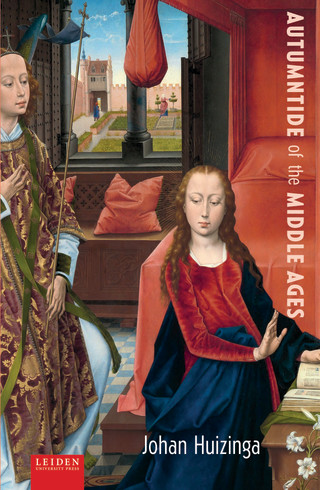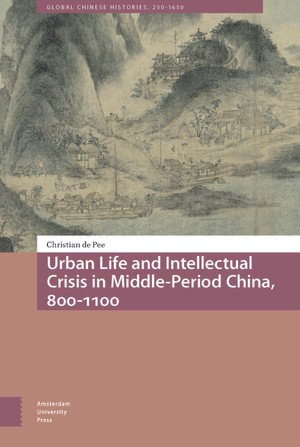In the eleventh century, the cities of the Song Empire (960-1279) emerged into writing. Literati in prior centuries had looked away from crowded streets, but literati in the eleventh century found beauty in towering buildings and busy harbors. Their purpose in writing the city was ideological. On the written page, they tried to establish a distinction that eluded them in the avenues and to discern an immanent pattern in the movement of people, goods, and money. By the end of the eleventh century, however, they recognized that they had failed in their efforts. They had lost the Way in the city. Urban Life and Intellectual Crisis in Middle-Period China, 800-1100 reveals the central place of urban life in the history of the eleventh century. Important developments in literary innovation and monetary policy, in canonical exegesis and civil engineering, in financial reform and public health, converge in this book as they converged in the city.

